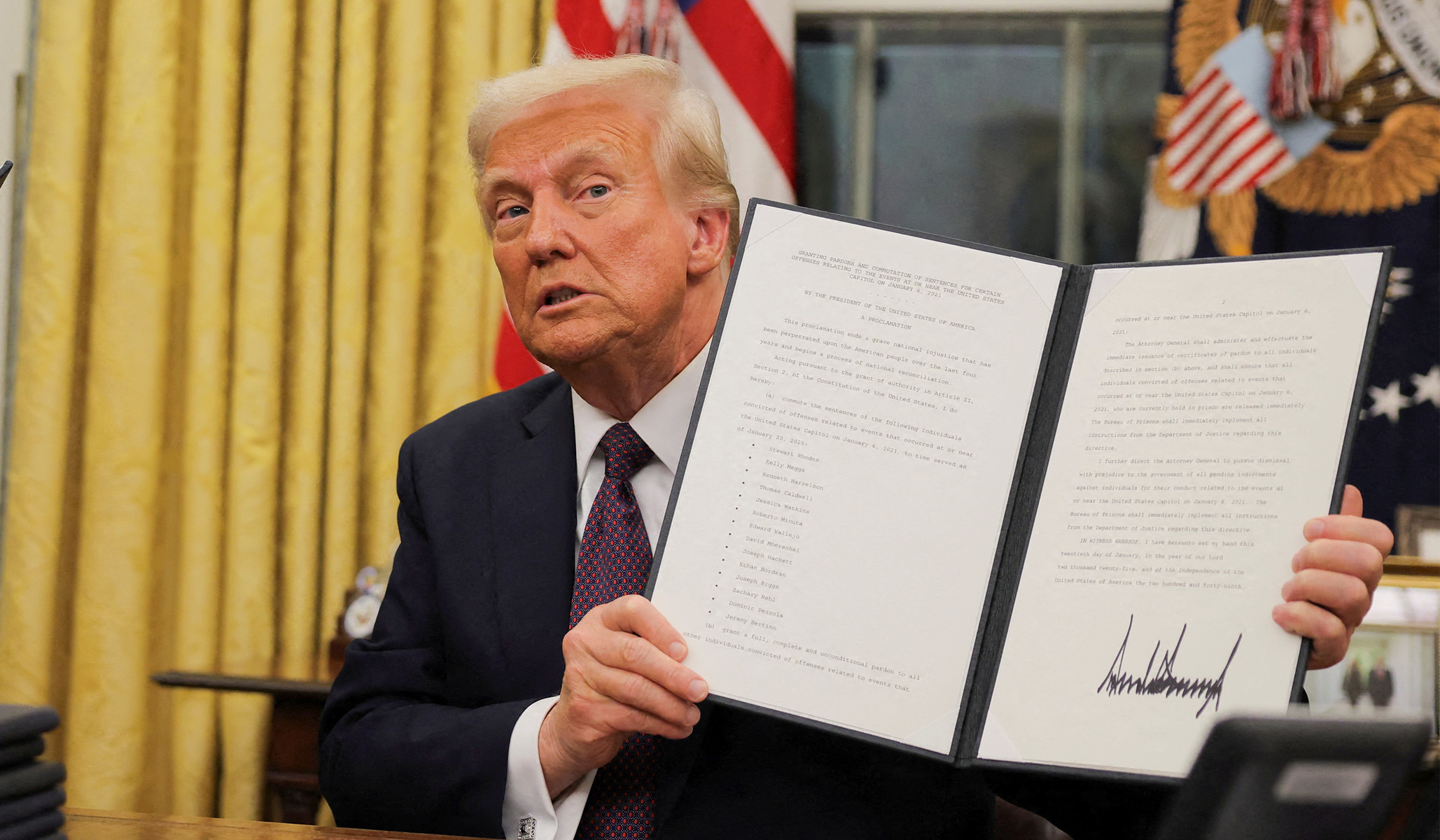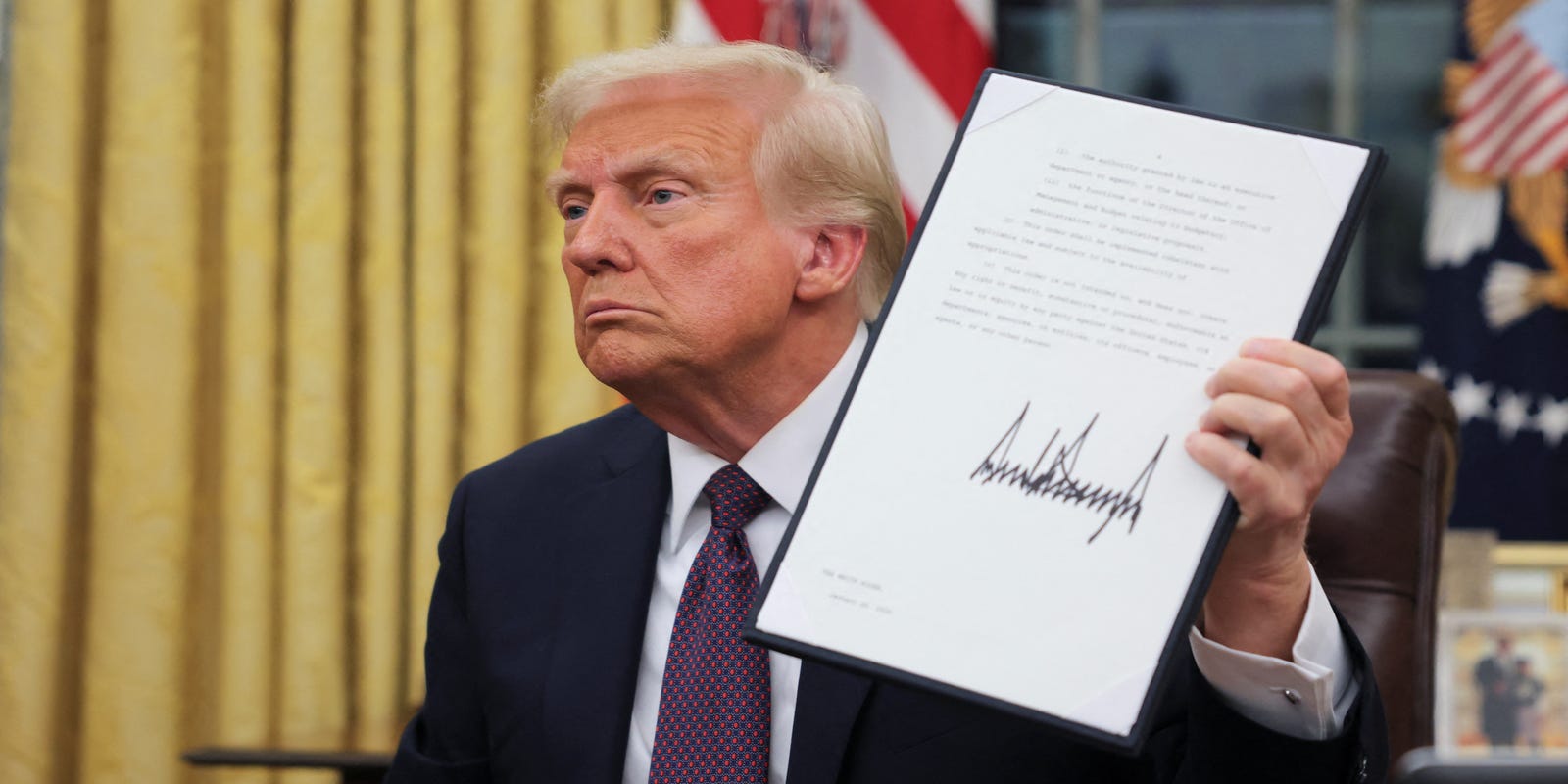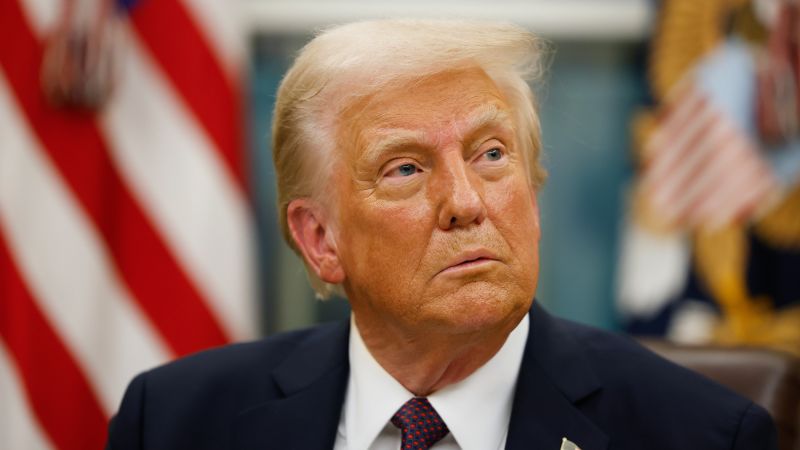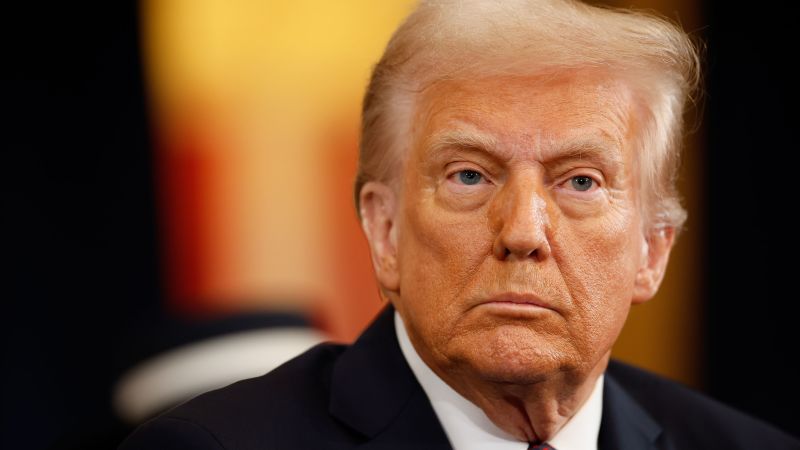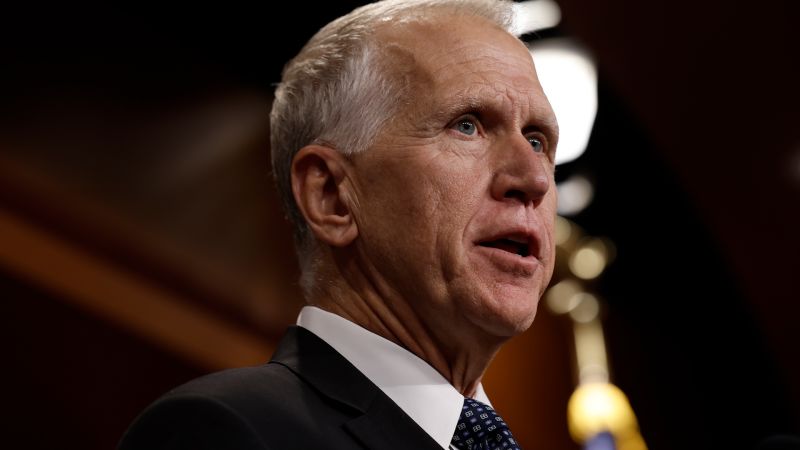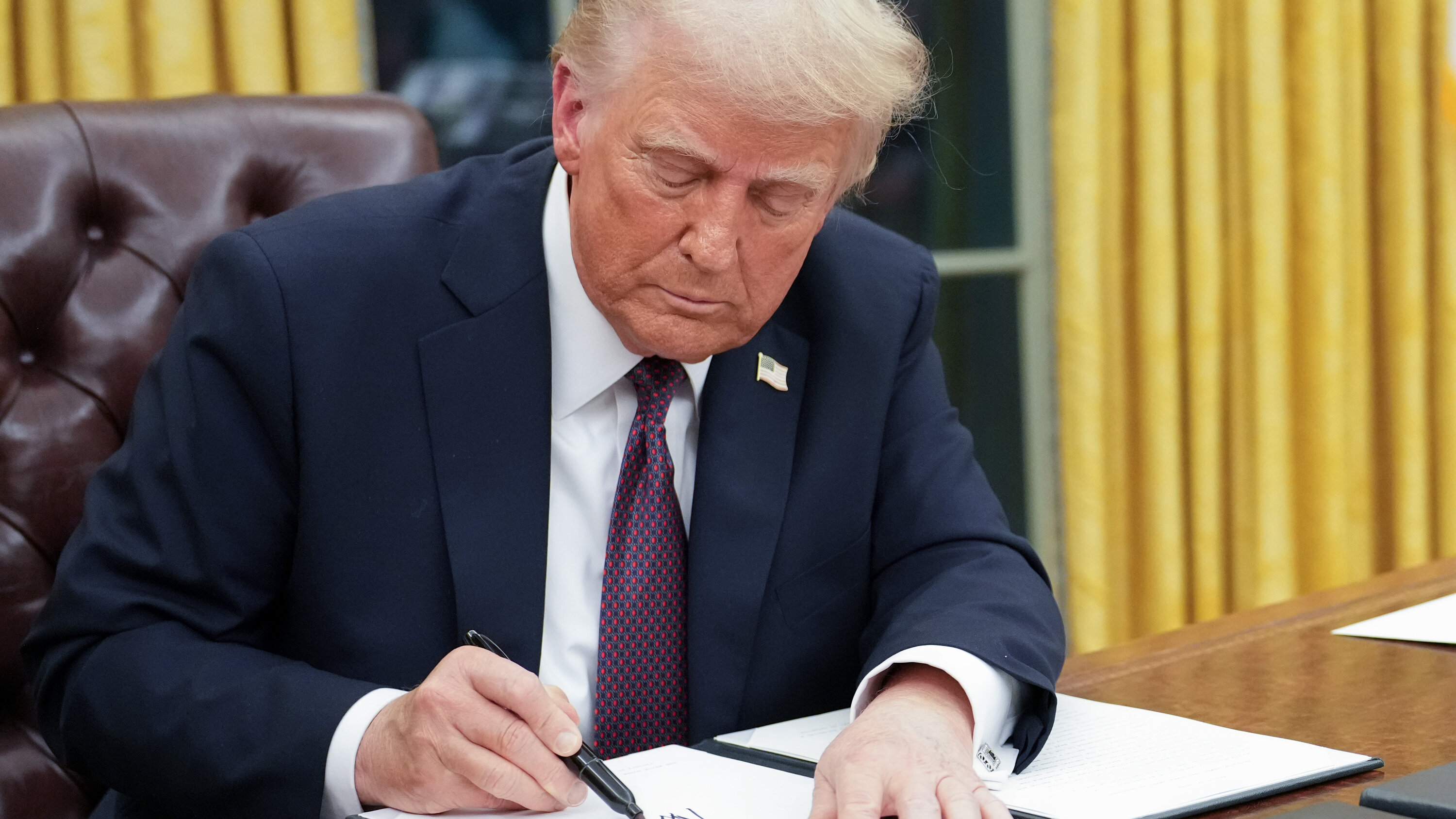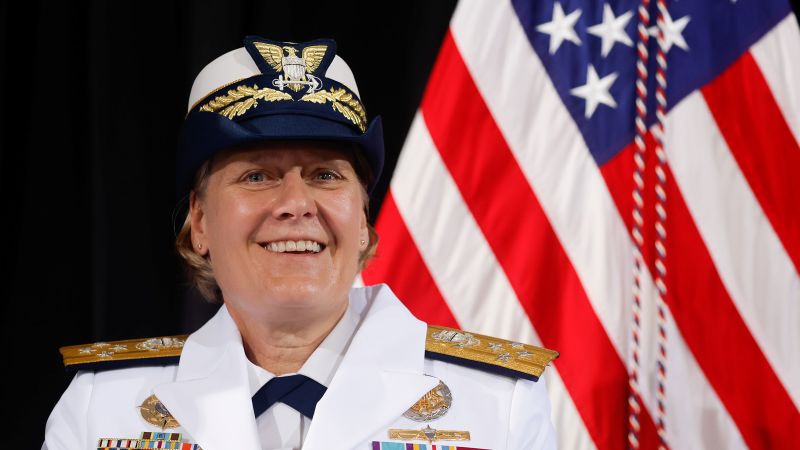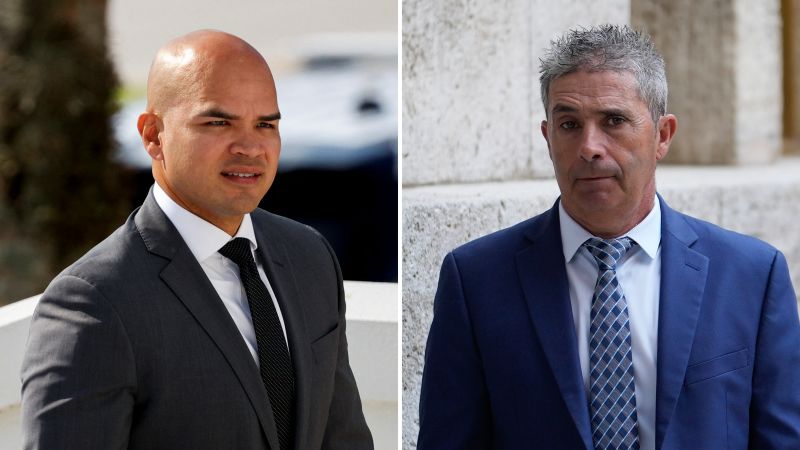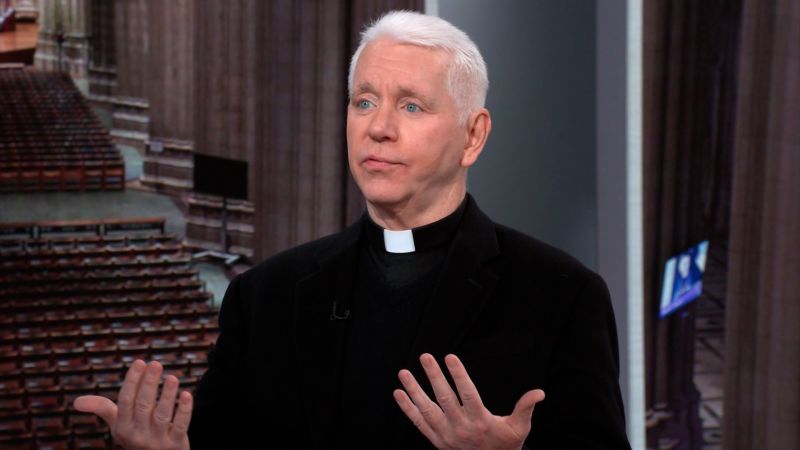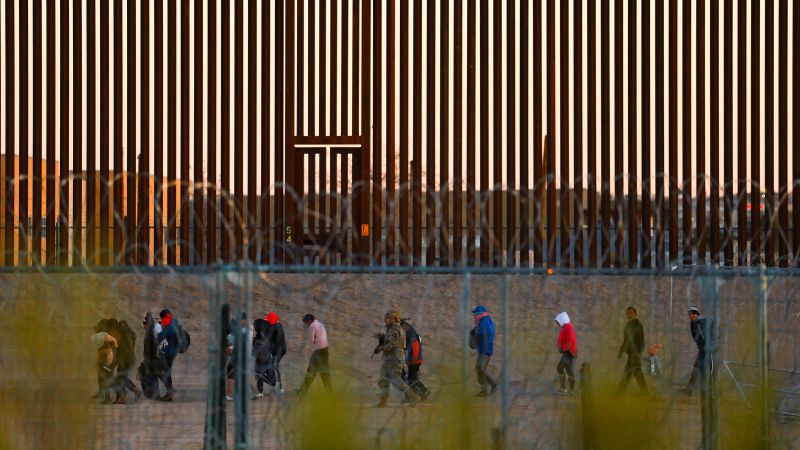
Border Blockade: Trump's Asylum Crackdown Leaves Migrants in Desperate Standstill
In a dramatic shift from longstanding immigration practices, the US-Mexico border has been effectively sealed to asylum seekers within mere hours of President Donald Trump's inauguration. This unprecedented move has created a state of uncertainty and despair for countless migrants hoping to find safety and opportunity in the United States. The sudden closure represents a stark departure from previous immigration protocols, leaving vulnerable individuals stranded and their hopes of seeking refuge abruptly shattered. Migrants who had journeyed thousands of miles, often fleeing violence, persecution, and economic hardship, now find themselves trapped in a legal and humanitarian limbo. The rapid transformation of border policy has sent shockwaves through immigrant communities and human rights organizations, raising serious concerns about the humanitarian implications of such a sweeping and immediate change. Families, individuals, and entire communities are left wondering about their future, their safety, and their dreams of finding a new home in the United States. This dramatic policy shift not only challenges long-standing immigration traditions but also raises profound questions about the nation's commitment to providing sanctuary for those seeking protection and a chance at a better life.


